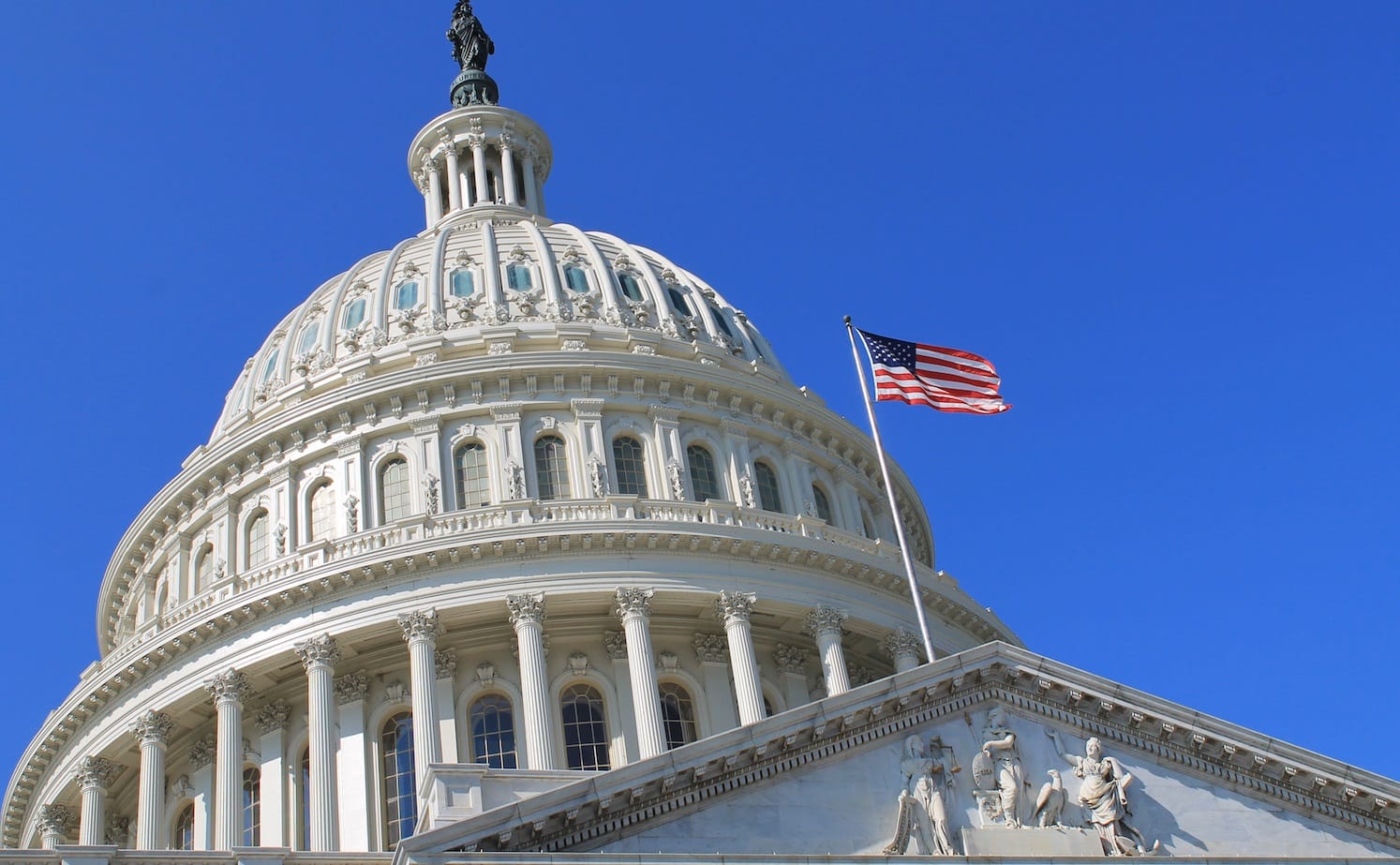US House Advances Three Major Crypto Bills for Floor Vote

The U.S. House of Representatives has taken a significant step toward advancing cryptocurrency legislation by passing a procedural vote on three pivotal bills. Late Wednesday night, House Resolution 580 cleared the chamber with a tight 217-212 vote, paving the way for the Guiding and Establishing National Innovation for U.S. Stablecoins (GENIUS) Act, the Digital Asset Market Clarity Act, and the Anti-CBDC bill to face a floor vote, potentially as early as Thursday. This development marks a critical moment for the digital asset industry, as these bills could redefine the regulatory landscape in the United States. The vote, which stretched over nine hours, comes after a failed attempt the previous day to move the bills forward, highlighting the contentious nature of crypto regulation.
On Tuesday, House lawmakers rejected a similar procedural motion by a vote of 196 to 223, with several Republicans, including Representatives Marjorie Taylor Greene, Chip Roy, Michael Cloud, and Anna Paulina Luna, opposing the measure. Greene expressed concerns about the GENIUS Act, fearing it might permit the Federal Reserve to issue a central bank digital currency (CBDC). However, proponents of the bill, including those leading the legislative effort, clarified that the GENIUS Act explicitly prohibits the Federal Reserve from issuing a CBDC. To address these concerns, House Majority Leader Steve Scalise announced that a CBDC ban would instead be incorporated into the National Defense Authorization Act (NDAA), a move that appears to have resolved the issue and secured enough Republican support to pass H.Res 580.
Stay In The Loop and Never Miss Important Crypto News
Sign up and be the first to know when we publishKey Details of the Legislation
The GENIUS Act, which already passed the Senate last month, focuses on establishing a clear regulatory framework for stablecoins, a type of cryptocurrency pegged to stable assets like the U.S. dollar. If the House approves it, the bill could reach President Donald Trump’s desk by the end of the week, marking a significant milestone for the crypto industry. The Digital Asset Market Clarity Act takes a broader approach, aiming to define distinct regulatory roles for the Securities and Exchange Commission (SEC) and the Commodity Futures Trading Commission (CFTC) in overseeing digital assets. This clarity is seen as essential for fostering innovation while ensuring consumer protection. Meanwhile, the Anti-CBDC bill seeks to explicitly prohibit the Federal Reserve from issuing a central bank digital currency directly to individuals, reflecting concerns about privacy and government overreach.
The passage of H.Res 580 signals a renewed push to address these issues during what has been dubbed “Crypto Week” in Washington. The successful procedural vote underscores the growing importance of digital assets in the U.S. financial system and the urgency to establish a regulatory framework that balances innovation with oversight. House Majority Leader Scalise emphasized that the upcoming floor vote on Thursday, as reported by PunchBowl News, will be a critical opportunity to advance these bills. However, their fate remains uncertain, as they must still navigate a Senate vote, where bipartisan support will be essential for passage.

